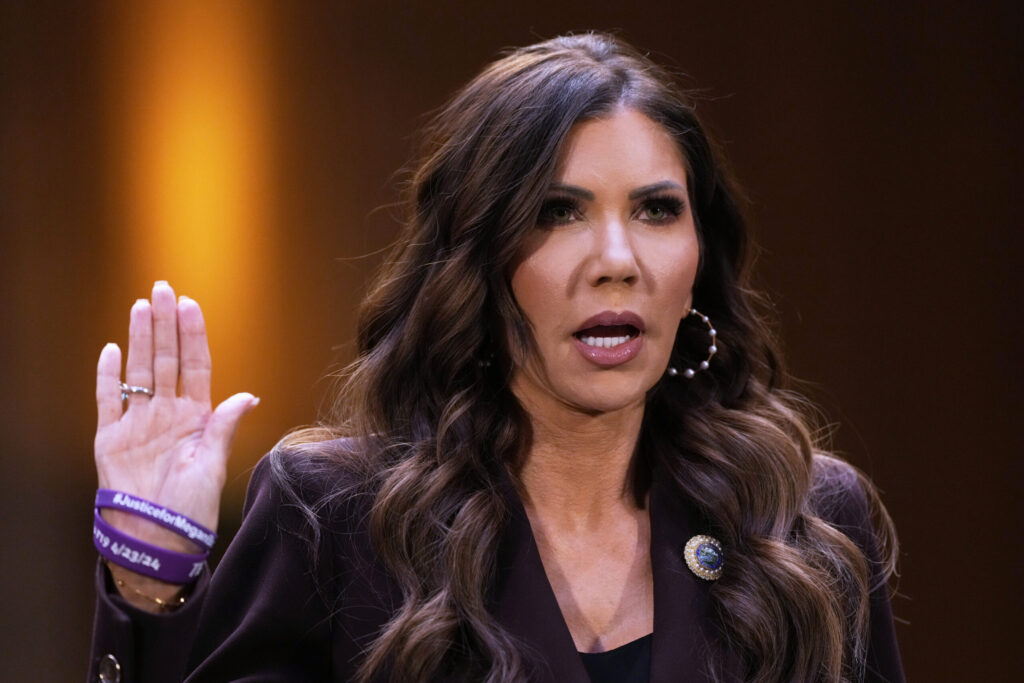Colorado dabbles with deregulation in the electricity industry
Consumers might have more of a say in where their electric energy comes from if Colorado’s General Assembly decides to authorize a partial deregulation of Colorado’s utility providers.
The Colorado Public Utilities Commission was ordered by House Bill 21-1269 to conduct a study of an economic model of electricity generation and delivery called “Consumer Choice Energy.”
Tuesday afternoon the PUC will be holding a public input Zoom meeting to take comments.
A Conversation with Robert Kenney, President of Xcel Energy Colorado
If adopted, the model would allow towns, cities and groups of cities as well as counties to decide from whom to buy wholesale electricity for their residents – a move supporters say can bring down the cost of electricity through competition.
“Community choice energy is just an alternative to the investor-owned energy supply system that we currently have,” Sen. Kerry Donovan, D-Edwards, said in an interview with The Denver Gazette Monday. “The big goal of a CCE is to lower the cost of energy for consumers by just having greater control of the energy mix.”
Donovan sponsored the bill.
The proposed model is a “wholesale, opt-out” model that automatically enrolls users in the defined community into the CCE, but has an opt-out provision that allows users to go back to the existing investor-owned utility operating under the PUC’s model if they choose.
A community would negotiate for power from which ever producer it wishes, while the existing investor-owned utility would be obligated to deliver the electricity using its own transmission infrastructure.
Future of fleet vehicles on display in Golden
What it wouldn’t allow is complete deregulation, which would provide the freedom for individual consumers to buy power from anyone they choose. That’s known as a “retail model” that exists in some states like Texas. The new law is explicit in saying the retail model of complete consumer liberty “does not promote the stable revenue conditions needed for development of high levels of renewable energy.”
But there’s a cost for participating. In essence, a Consumer Choice Energy community would be renting the power lines from the investor-owned utility, and would have to pay a fee for that service.
In many of the seven or so states that allow CCEs, ratepayers also have to pay some amount towards the debt the utility company incurred for infrastructure put into the system in anticipation of a captive consumer base.
In California, one of about seven CCE states, the cost of paying off PG&E’s investment in infrastructure and the delivery fee comes in the form of an addition to the monthly bill rather than a one-time exit fee.
The goal is to allow communities more freedom of choice about where they get their power.
A community could decide to buy only premium 100% carbon-free energy from renewable sources, but might have to pay a premium price for it. Add to that the cost of getting that power from the grid.
Or, the community could opt for least-cost power in hopes that the savings will be greater than the fees for delivering the power.
Proponents say CCE can both save money and help achieve the community’s environmental goals.
Critics aren’t necessarily opposed to the idea, but are skeptical that CCE is a viable option for Colorado because of its status as a regulated investor-owned utility state.
“Basically, there’s a lot to like about CCEs because they give consumers more freedom to choose their electricity supply,” Jake Fogleman, a policy analyst at the Independence Institute’s Energy & Environmental Policy Center, said. “But trying to shoehorn them into a monopoly utility system presents a lot of challenges that can blunt the competitive advantages that CCEs could otherwise bring.”
The Independence Institute is a libertarian/conservative think tank based in Denver.
Large building owners face unknown costs to comply with Colorado energy mandates
The Colorado PUC is holding a public input session by Zoom Tuesday, Oct. 18, from 4-6 p.m.
In response to a request for comment a spokesperson for Xcel Energy replied, “We’re leading the nation’s clean energy transition by working closely with our cities and communities to achieve shared goals and address their unique needs…We’re looking forward to ensuring all customers reap the benefits of clean energy policies.”
It is unclear how the measure will affect CORE, the state’s largest electric cooperative.
To register to speak, visit the Department of Regulatory Agency’s website.
Topics will include:
? The scope of regulatory oversight of CCE operations
? Resource adequacy planning and reliability
? Renewable energy standard compliance
? Energy efficiency programs
? Time-of-use rates or other rate requirements
? Standards for request of proposals
? Determining principles and considerations for calculating transition fees, also known as exit fees, which a CCE community would pay to the incumbent investor-owned utility.
? The impacts of CCE in Colorado and its ability to impact clean energy and greenhouse reduction goals.
? The impacts of CCE on low-income households and communities disproportionately impacted by electric generation, and the ability of a CCE program to establish additional programs to assist low-income households and communities disproportionately impacted by electricity generation.












